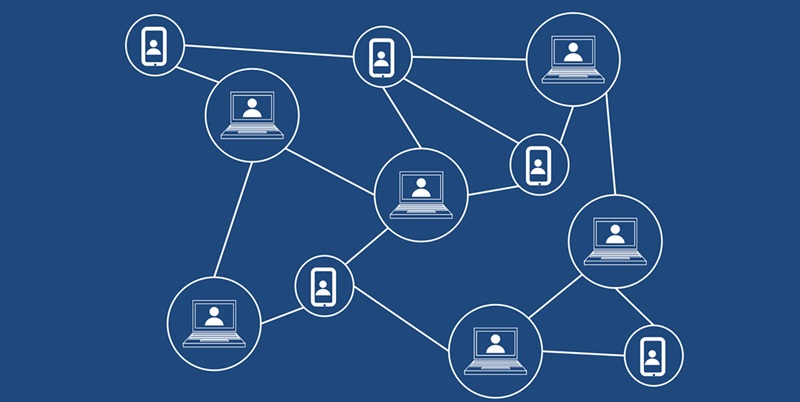The Philippine government, through its Department of Science and Technology-Advanced Science and Technology Institute (DOST-ASTI), is actively engaging the youth with hands-on education on blockchain technology, cryptocurrencies, and non-fungible tokens (NFTs). This initiative aims to highlight the real-world applications and innovative potential of these technologies. During a tech forum held on September 20, DOST-ASTI targeted young minds to ignite their interest in science, technology, and innovation as tools for a sustainable future.
Key Themes from the Event
Key themes from the event included an introduction to blockchain technology basics, emphasizing its growing demand and diverse applications across sectors. Roxanne S. Aviñante, a senior science research specialist from the agency, highlighted how blockchain technology is emerging as a critical technology with significant job opportunities. Another specialist, Marc Jerome T. Tulali, explained NFTs and other real-world blockchain use cases such as voting systems and immutable information storage. These discussions illustrated the breadth of blockchain’s impact on varied sectors including gaming, entertainment, healthcare, government, central bank digital currencies (CBDCs), decentralized finance (DeFi), identity verification, and physical infrastructure.
Blockchain-Based System for Managing Intellectual Property
Moreover, a vital discussion surrounded the Philippines’ development of a blockchain-based system for managing intellectual property through a project called the Self-Sovereign Identity Empowerment: Reinventing Rights and Attributes (SIERRA). This indicates an overarching trend of integrating blockchain with national systems to streamline and secure services.
Broader National Context
In a broader context, the introduction of blockchain education to the youth aligns with the Philippines’ ongoing efforts to explore stablecoins on a national level. Earlier in the year, the country’s central bank, Bangko Sentral ng Pilipinas (BSP), started conducting controlled trials for a national stablecoin pegged 1:1 to the local peso. This initiative aims to assess the stablecoin’s real-world performance and its effects on the local fiat ecosystem, particularly enhancing digital asset trading and improving remittance services. The Philippines ranks globally as the fourth-largest in remittance inflows, making this a significant area of focus.
To summarize, the DOST-ASTI’s initiative reflects a broader global trend of integrating advanced technologies into educational paradigms to foster innovation among young people. This effort is part of a national strategy that includes exploring the efficiencies and security benefits blockchain could bring to various business and governmental functionalities. At the same time, parallel national projects like the development of a peso-pegged stablecoin exemplify the Philippine government’s commitment to leveraging blockchain for economic and social improvements.

